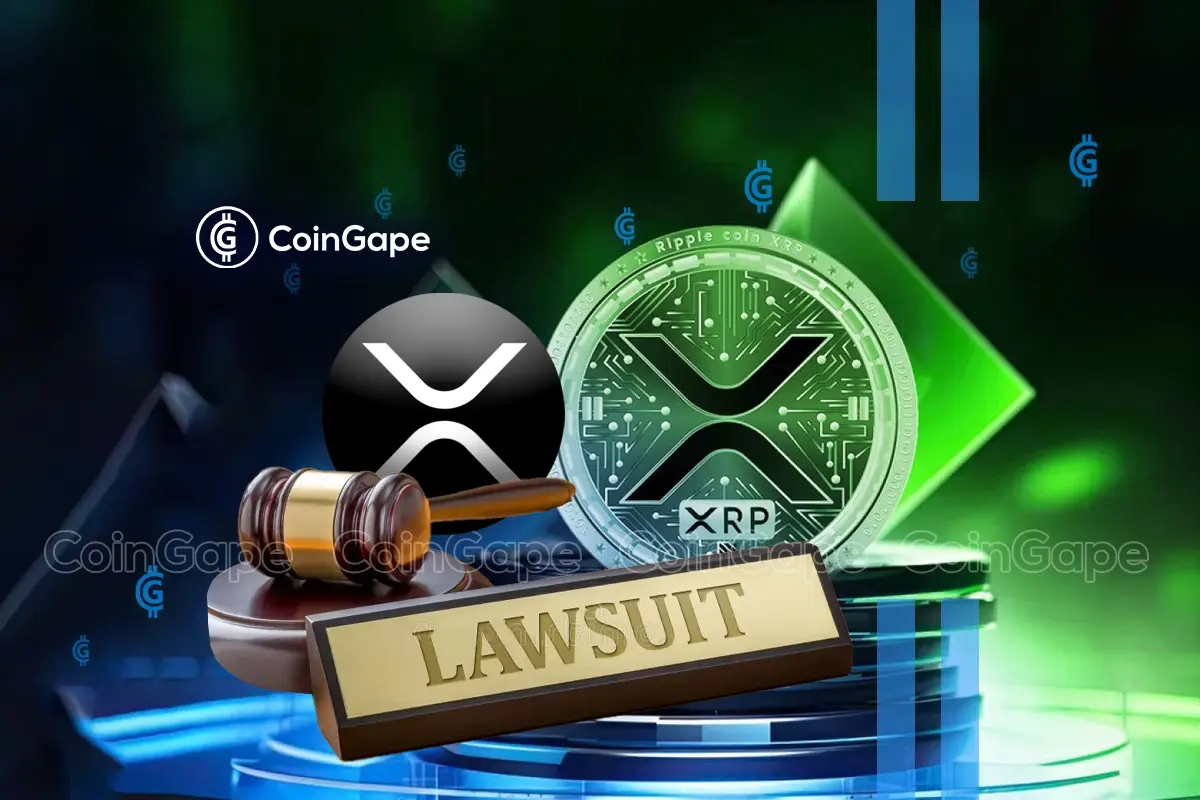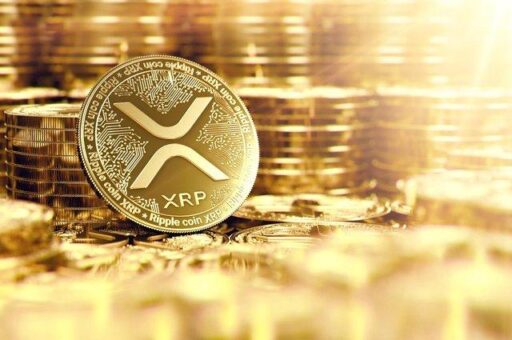Ripple Lawsuit Update: SEC Considers XRP Commodity Classification In Settlement Negotiations

Table of Contents
The SEC's Case Against Ripple and its Arguments
The Securities and Exchange Commission (SEC) initiated its lawsuit against Ripple Labs, alleging that XRP is an unregistered security. The SEC's core argument hinges on the Howey Test, a legal framework used to determine whether an investment constitutes a security. The SEC contends that XRP sales constituted investment contracts, satisfying the Howey Test's criteria: an investment of money in a common enterprise with a reasonable expectation of profits derived from the efforts of others.
- Key Allegations: The SEC alleges Ripple Labs, its CEO Brad Garlinghouse, and its co-founder Chris Larsen, conducted unregistered sales of XRP, defrauding investors. They argue that Ripple profited significantly from these sales.
- Legal Precedents: The SEC cites various precedents involving initial coin offerings (ICOs) and other digital assets to support its claim that XRP meets the definition of a security.
- SEC Goals: The SEC aims to establish clear regulatory boundaries within the cryptocurrency space, protecting investors and preventing future unregistered securities offerings.
Ripple's Defense and Counterarguments
Ripple vehemently denies the SEC's allegations, arguing that XRP is a decentralized digital currency, not a security. Their defense strategy centers on demonstrating XRP's functional characteristics as a medium of exchange and its operational independence from Ripple Labs.
- Key Counterarguments: Ripple emphasizes that XRP's widespread adoption and decentralized nature distinguish it from securities. They point to the lack of direct control over XRP's price or market by Ripple.
- Expert Opinions and Precedents: Ripple has presented expert testimony and legal arguments highlighting the differences between XRP and other assets deemed securities by courts. They cite cases where similar digital assets have been deemed not to be securities.
- Challenging Jurisdiction: Ripple has challenged the SEC's jurisdiction, arguing that the SEC's regulatory authority over XRP is limited.
The Potential for Settlement and XRP Commodity Classification
Recent reports suggest ongoing settlement negotiations between the SEC and Ripple. A crucial aspect of these negotiations centers on the potential classification of XRP as a commodity. Classifying XRP as a commodity would significantly alter the legal landscape.
- Impact of Commodity Classification: If XRP is classified as a commodity, it would likely fall under the purview of the Commodity Futures Trading Commission (CFTC), rather than the SEC. This could significantly weaken the SEC's case.
- Regulatory Implications for Other Cryptocurrencies: The outcome of this case will set a precedent that could affect the classification and regulation of other cryptocurrencies.
- Benefits and Drawbacks of Settlement: A settlement could avoid a lengthy and costly trial for both parties. However, it might also leave some legal questions unresolved. For Ripple, it could allow them to move forward without a decisive court ruling. For the SEC, it could offer a quicker resolution than a protracted court battle, even if it involves some concessions.
Market Impact and Investor Sentiment
The Ripple lawsuit has significantly impacted XRP's price and trading volume. News and updates related to the case have triggered significant price fluctuations.
- Investor Sentiment: Investor sentiment towards XRP has been volatile, shifting with every court filing and news report. Uncertainty surrounding the legal outcome has created market instability.
- Price Fluctuations: XRP's price has experienced periods of sharp increases and declines, directly correlating with major developments in the lawsuit.
- Potential Market Implications of a Settlement: A favorable settlement could lead to a surge in XRP's price and trading volume, restoring investor confidence. An unfavorable outcome, however, could cause further declines.
Alternative Outcomes Beyond Settlement
If a settlement is not reached, the case will proceed to trial. A trial could result in a win for either the SEC or Ripple, with significant consequences for both parties and the broader cryptocurrency market. A loss for Ripple could severely damage its reputation and impact the future of XRP. A loss for the SEC could limit their authority in regulating cryptocurrencies.
Conclusion: The Ripple Lawsuit and the Future of XRP
The Ripple lawsuit represents a pivotal moment in the regulation of cryptocurrencies. The potential reclassification of XRP as a commodity could have profound implications for the entire industry. The outcome of this case, whether through settlement or trial, will shape the future regulatory landscape. Stay informed about further developments in the Ripple lawsuit and the implications for XRP and the broader cryptocurrency market by following reputable news sources and subscribing to updates. Further research into commodity classification within the cryptocurrency space is also strongly encouraged.

Featured Posts
-
 Southern California Donkey Roundup Tradition And Community
May 02, 2025
Southern California Donkey Roundup Tradition And Community
May 02, 2025 -
 Riot Platforms Inc Press Release Details On Waiver And Irrevocable Proxy
May 02, 2025
Riot Platforms Inc Press Release Details On Waiver And Irrevocable Proxy
May 02, 2025 -
 The Importance Of Middle Management Bridging The Gap Between Leadership And Employees
May 02, 2025
The Importance Of Middle Management Bridging The Gap Between Leadership And Employees
May 02, 2025 -
 Supreme Court Hearing Norfolk Mp Takes On Nhs Over Gender Policy
May 02, 2025
Supreme Court Hearing Norfolk Mp Takes On Nhs Over Gender Policy
May 02, 2025 -
 Xrp Ripple Price Analysis Should You Buy At Under 3
May 02, 2025
Xrp Ripple Price Analysis Should You Buy At Under 3
May 02, 2025
